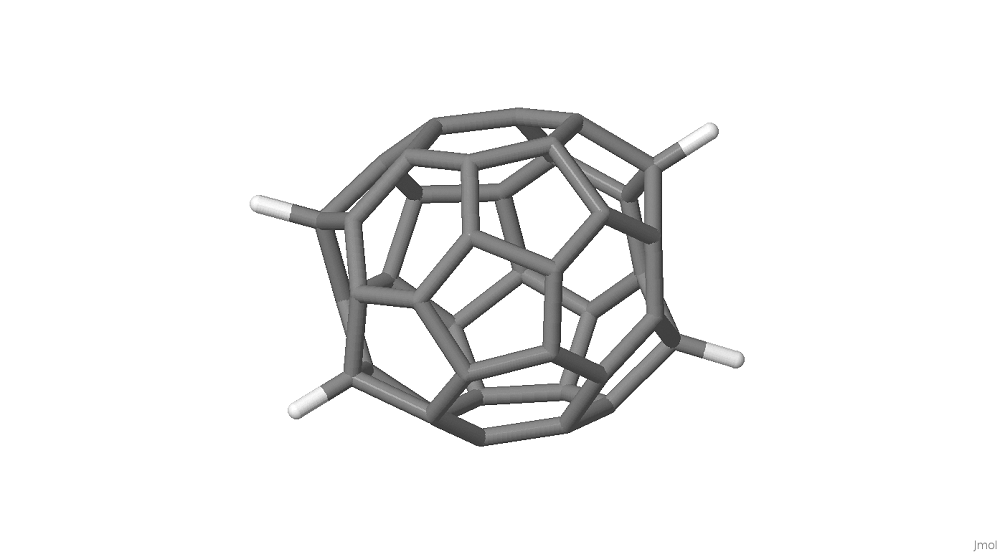Hydrogenated small fullerenes (Cn, n<60) are of interest as potential astrochemical species, and as intermediates in hydrogen catalysed fullerene growth. However computational identification of key stable species is difficult due to the vast combinatorial space of structures. In this study we explore routes to predict stable hydrogenated small fullerenes. We show that neither local fullerene geometry nor local electronic structure analysis are able to correctly predict subsequent low energy hydrogenation sites, and indeed sequential stable addition searches also sometimes fail to identify most stable hydrogenated fullerene isomers. Of the empirical and semi-empirical methods tested, GFN2-xTB consistently gives highly accurate energy correlation (r>0.99) to full DFT-LDA calculations at a fraction of the computational cost. This allows identification of the most stable hydrogenated fullerenes up to 4H for four fullerenes, namely two isomers of C28 and C40, via “brute force” systematic testing of all symmetry inequivalent combinations. The approach shows promise for wider systematic studies of smaller hydrogenated fullerenes.

